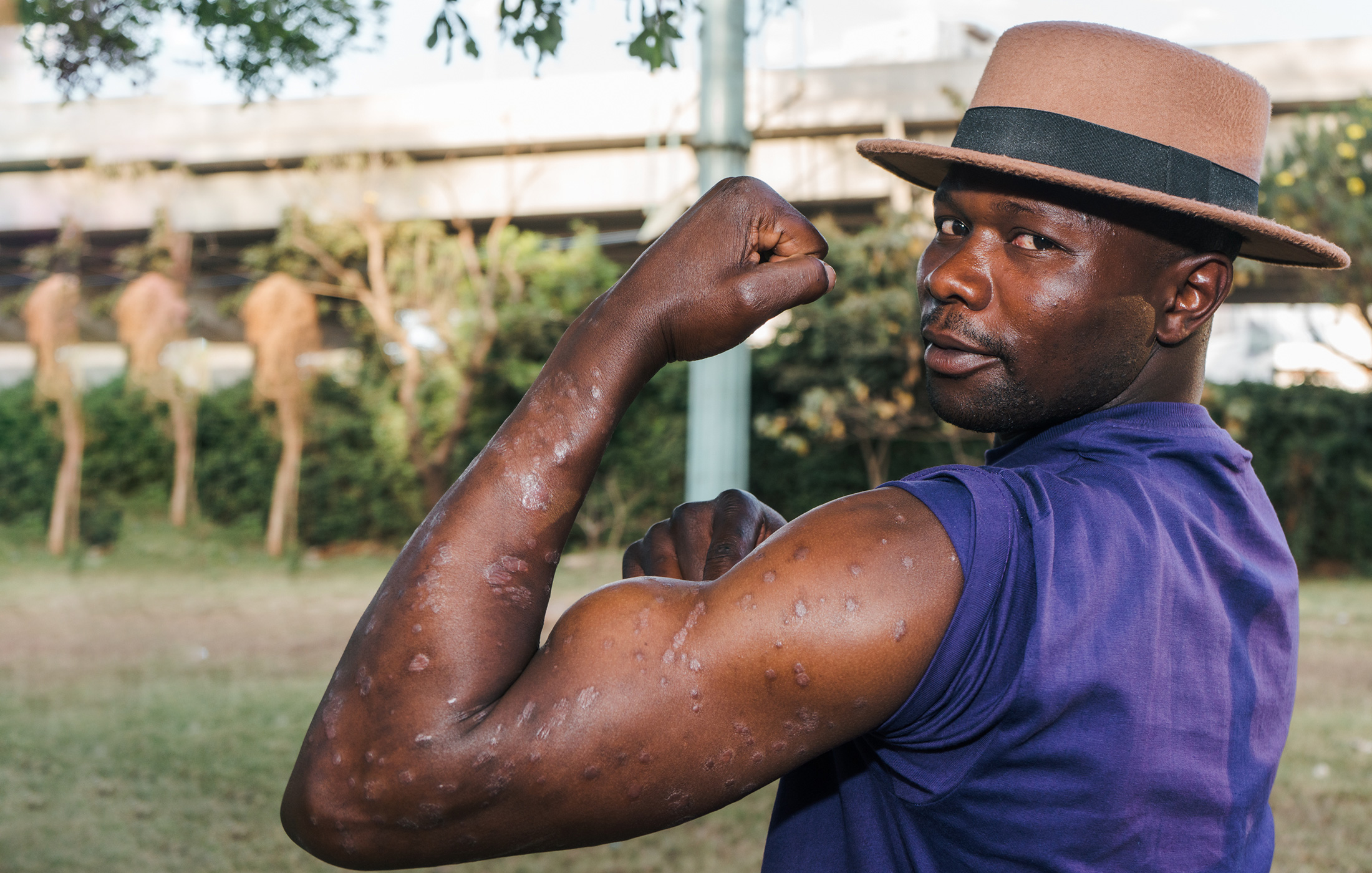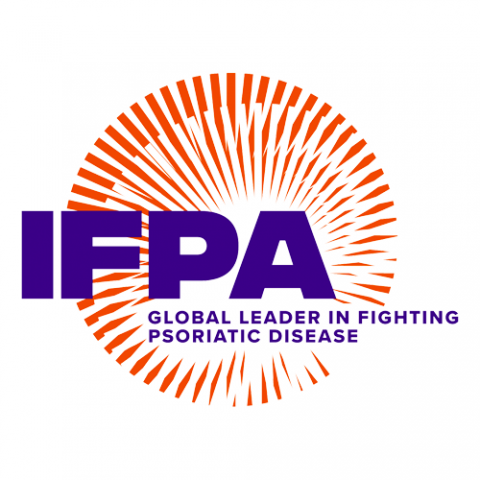This year, the NCD community celebrates leadership and demands that world leaders take the necessary steps to build a more equitable world for people living with NCDs. For the psoriatic disease community, this year is even more special as we celebrate the 10th anniversary of the World Health Assembly resolution on psoriasis, unanimously adopted in 2014. The resolution on psoriasis was a win for people living with psoriatic disease and all people living with NCDs. It was the demonstration that inclusion of all NCDs in the global health policy agenda is possible.
Psoriatic disease – a neglected NCD
Before 2014, psoriatic disease was absent from the international agenda. Very few policymakers had ever heard about the disease. WHO’s website provided almost no information on it. Few took psoriatic disease seriously.
We at IFPA, as the global leader in psoriatic disease representing people living with this disease, embarked on a mission to change that. The aim was to get WHO and its Member States to recognize that psoriatic disease is a serious noncommunicable disease with impact on many aspects of a person's life, and that it is linked to other serious comorbidities.
In May 2014, the 67th World Health Assembly officially adopted Resolution WHA 67.9.
This Resolution states that psoriasis:
- Is a chronic, painful, disfiguring and disabling non-communicable disease, without a cure;
- Has physical as well as psycho-social and socio-economic consequences;
- Is connected to psoriatic arthritis and increases the risk of various co-morbid diseases;
- Can lead to immense, needless suffering due to insufficient access to healthcare.
Because of this, the Resolution is a historic milestone for the global psoriatic disease community. It also shows that WHO and countries around the world can step up and work towards a broader view of NCDs. WHO and its Member States can be leaders for a truly inclusive health agenda.
This ambitious goal was not reached in a day. It took many years for us to build strategic alliances with other like-minded organization within and outside the psoriatic disease community, and learn how to navigate the WHO environment. The help of other leaders in the NCD space was invaluable, and we will be forever grateful to them for their advice and support.
After 2014, the resolution sparked action around the world. With the resolution as a new tool in their advocacy toolbox, many national psoriatic disease organizations reached out to their policymakers to demand change. Laws to promote holistic care, expand access to treatment, and fight stigmatization were passed in several countries – Panama, Argentina, Sweden, the Philippines among others. Advances in understanding, treatment, and care for psoriatic disease were enormous in the decade following the resolution.
Leadership for change
This journey has taught us the importance of celebrating success, of acknowledging the support received to reach our goals, and of recognizing areas of improvement. The resolution did not solve all problems for people with psoriatic disease. In many countries, progress is too slow. Still too many people are unaware of the burden of psoriatic disease and are stigmatized. That is why we, the psoriatic disease community, join the NCD Alliance in their call to policymakers and all stakeholders to accelerate the implementation of NCD policies, for all people living with NCDs. Their chance to prove their commitment is around the corner, at the United Nations High-level Meeting on NCDs in 2025. There are already strong leaders within the community of people living with NCDs, but it will be easier for all of us if we are joined by policymakers and we see their concrete efforts to fight NCDs.







